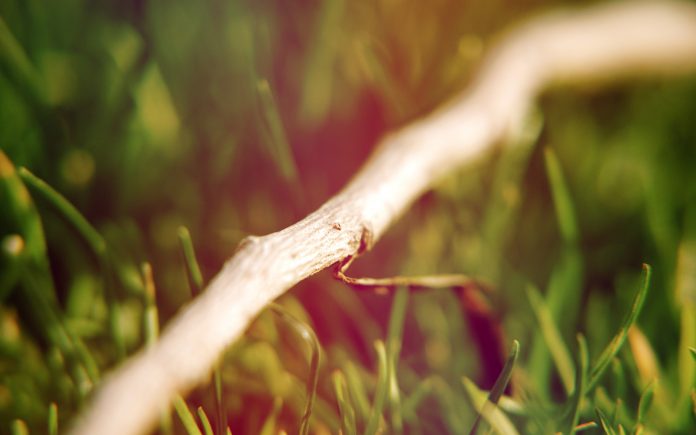In this article, we are going to see how to Rotate and Scale the image. Image Scaling refers to the resizing of the original image and Image Rotation refers to turning off an image with some angle. Rotations in the coordinate plane are counterclockwise. Let’s proceed with the methods used and the complete code to perform these tasks.
Scaling the Image
To scale the image we use the pygame.transform.scale(image, DEFAULT_IMAGE_SIZE) method where we pass the image that we are going to scale and the default image size that we will set manually according to our need.
Example:
Image Used:
Python3
# Import pygameimport pygame# Initialise pygamepygame.init()# Set window sizesize = width,height = 600, 600screen = pygame.display.set_mode(size)# Clockclock = pygame.time.Clock()# Load imageimage = pygame.image.load('gfg.png')# Set the size for the imageDEFAULT_IMAGE_SIZE = (200, 200)# Scale the image to your needed sizeimage = pygame.transform.scale(image, DEFAULT_IMAGE_SIZE)# Set a default positionDEFAULT_IMAGE_POSITION = (200,200)# Prepare loop conditionrunning = False# Event loopwhile not running: # Close window event for event in pygame.event.get(): if event.type == pygame.QUIT: running = True # Background Color screen.fill((0, 0, 0)) # Show the image screen.blit(image, DEFAULT_IMAGE_POSITION) # Part of event loop pygame.display.flip() clock.tick(30) |
Output:
Rotating the Image
To rotate the image we use the pygame.transform.rotate(image, degree) method where we pass the image that we are going to rotate and the degree by which rotation is to be done.
Example:
Python3
# Import pygameimport pygame# Initialise pygamepygame.init()# Set window sizesize = width,height = 600, 600screen = pygame.display.set_mode(size)# Clockclock = pygame.time.Clock()# Load imageimage = pygame.image.load('gfg.png')# Set the size for the imageDEFAULT_IMAGE_SIZE = (200, 200)# Rotate the image by any degreeimage = pygame.transform.rotate(image, 180)# Set a default positionDEFAULT_IMAGE_POSITION = (200,200)# Prepare loop conditionrunning = False# Event loopwhile not running: # Close window event for event in pygame.event.get(): if event.type == pygame.QUIT: running = True # Background Color screen.fill((0, 0, 0)) # Show the image screen.blit(image, DEFAULT_IMAGE_POSITION) # Part of event loop pygame.display.flip() clock.tick(30) |
Output:
Rotating and Scaling the Image
Let us see how to perform the Scaling and Rotation of an image given. We will set the default image size that is agreeable and the default image position where we want to see our image on the window screen. The same methods that are explained above will be used for scaling and rotation the image.
Example:
Python3
# Import pygameimport pygame# Initialise pygamepygame.init()# Set window sizesize = width,height = 600, 600screen = pygame.display.set_mode(size)# Clockclock = pygame.time.Clock()# Load imageimage = pygame.image.load('gfg.png')# Set the size for the imageDEFAULT_IMAGE_SIZE = (200, 200)# Scale the image to your needed sizeimage = pygame.transform.scale(image, DEFAULT_IMAGE_SIZE)# Rotate the image by any degreeimage = pygame.transform.rotate(image, 90)# Set a default positionDEFAULT_IMAGE_POSITION = (200,200)# Prepare loop conditionrunning = False# Event loopwhile not running: # Close window event for event in pygame.event.get(): if event.type == pygame.QUIT: running = True # Background Color screen.fill((0, 0, 0)) # Show the image screen.blit(image, DEFAULT_IMAGE_POSITION) # Part of event loop pygame.display.flip() clock.tick(30) |
Output:








